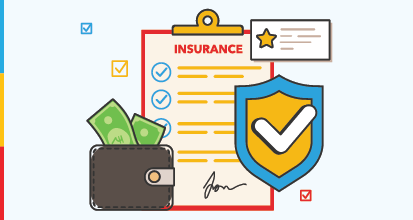Sum Assured: It is the amount the life insurance company pays to the nominee if the insured event happens (death of the insured)
Maturity Value: The amount of money paid out when a life insurance policy matures is known as its maturity value.
Risk Transfer: It is a method where a pure risk can be contractually shifted from one party to another as part of risk management and control
Written by : Knowledge Center Team
2025-12-02
9311 Views
10 minutes read
Share











